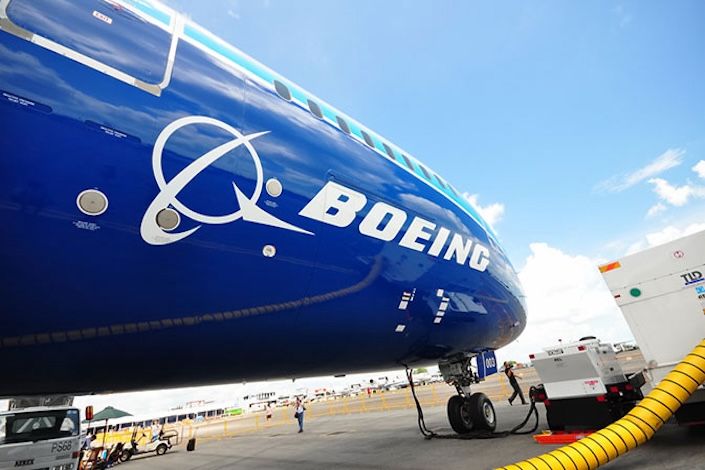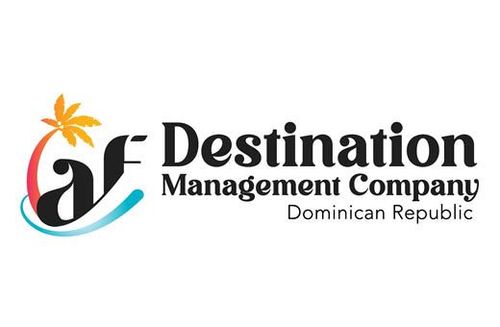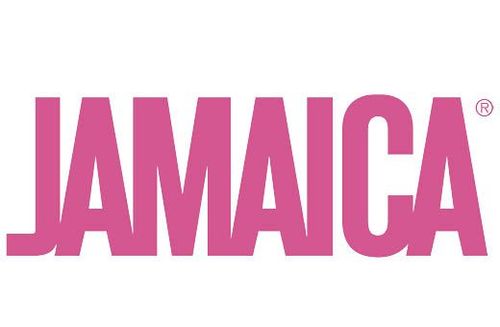Where travel agents earn, learn and save!
News / Boeing faces new 737 MAX issue as Emirates President issues warning
The latest quality issue affects around 50 undelivered Boeing 737 MAX aircraft

Boeing said that it has discovered another quality issue with the 737 MAX line, with a supplier notifying the manufacturer that some 737 MAX fuselages have holes that may not have been drilled according to Boeing’s requirements.
At the same time, Tim Clark, the President of Emirates, warned the United States (US)-based plane maker that the airline would send its own engineers to review the manufacturer’s assembly lines, a testament to Emirates’ eroded trust in Boeing’s quality management.
Another 737 MAX production issue
Boeing issued a statement about the latest 737 MAX production issue on February 4, 2024. Stan Deal, the President and chief executive officer (CEO) of Boeing Commercial Airplanes (BCA), told employees in a publicly published letter that the company’s Renton facilities will spend several more days focusing on quality, which includes work on undelivered aircraft, to detect potential nonconformance with its requirements.
Deal stated that an unidentified supplier informed Boeing about the nonconformance in some 737 fuselages, detailing that the issue is related to two holes that may not have been drilled correctly on February 1. According to the executive, this is not an immediate flight safety issue, yet it could delay some near-term deliveries. Deal insisted that this is “the only course of action given our commitment to deliver perfect airplanes every time.”
“While this potential condition is not an immediate flight safety issue and all 737s can continue operating safely, we currently believe we will have to perform rework on about 50 undelivered airplanes.”
According to The Air Current, the supplier was Spirit AeroSystems, which is a Tier 1 supplier for the 737 program, as well as other Airbus and Boeing assembly lines. The Wichita, Kansas-based company provides Boeing with 737 fuselages, pylons, wing leading edges, thrust reversers, and engine nacelles.
The dedicated quality assurance days follow the manufacturer’s Quality Stand Down day on January 25, 2024. Then, about 10,000 employees working on the Boeing 737 spent the day in working sessions focused on quality and safety, with the manufacturer saying that the stand downs would take place on Renton’s third shift and other BCA sites later.
This was the first time the manufacturer paused aircraft production to address its quality issues with a stand down. Throughout the past few years, the plane maker has stopped production of the 737 MAX and 787 to address quality issues, but this was the first day entirely dedicated to improving manufacturing quality at its sites.
Turbulent year for 737 MAX production
The Quality Stand Down was part of Boeing’s announced quality improvement actions following the Alaska Airlines flight AS1282 incident, when the Boeing 737 MAX 9’s mid-exit door plug blew out while the aircraft was climbing out of Portland International Airport (PDX) on January 5.
In addition to the pause to conduct the workshops focused on quality and safety, Boeing also promised to introduce additional quality inspections throughout the manufacturing process at its and Spirit AeroSystems’ facilities, multiple team sessions focused on quality, reviewing Spirit AeroSystems’ work, opening its factories to airlines to conduct oversight inspections, and inviting an independent third party to inspect its Quality Management System (QMS) at BCA.
Boeing named Admiral Kirkland Donald, a retired United States Navy (USN) Admiral, as a special advisor to David Calhoun, the President and CEO of Boeing, on January 16, 2024. According to the manufacturer, Donald and a team of experts would thoroughly assess its QMS for commercial aircraft, including its quality programs and practices at Boeing’s facilities and its oversight of supplier quality.
The past 365 days have been turbulent for Boeing and the production of the 737 MAX. In April 2023, the manufacturer was forced to suspend deliveries of its best-selling and only single-aisle aircraft after Spirit AeroSystems told Boeing about a non-standard manufacturing process on two fittings in the aft fuselage section of certain 737 MAX 7, 737 MAX 8, and P-8 Poseidon, based on the 737 Next Generation (NG) aircraft. At the time, the issue did not affect the 737 MAX 9 or the 737 MAX 10.
While the problem was not an immediate flight safety risk, it did impact deliveries, as Boeing was forced to rework affected aircraft. The manufacturer added that the issue should not affect its supplier master schedule, as it aimed to stay on track to produce 50 Boeing 737 MAX aircraft per month by 2025/2026.
In August 2023, Boeing disclosed that certain 737 fuselages had elongated fastener holes on the aft pressure bulkhead, which was a quality issue that was also admitted by Spirit AeroSystems. The supplier immediately addressed the problem by changing its manufacturing processes. Boeing stated that the problem was not an immediate flight safety problem at the time.
Speaking during the Jefferies Industrials Conference a few weeks later, Brian West, the chief financial officer (CFO) and Executive Vice President of Finance of Boeing, detailed that while the company knew how to fix it, it was a complicated process. West added that it would impact deliveries in the near term but remained confident that the manufacturer would be able to grow its monthly 737 MAX production to 50 by 2025/2026.
In December 2023, Boeing and the Federal Aviation Administration (FAA) announced that there was another issue within the 737 MAX production line, namely that loose bolts could be found in the rudder control system. The FAA said it was closely monitoring the situation, while the manufacturer issued a multi-operator message (MOM) for operators of newer 737 MAXs to inspect specific tie rods that control rudder movement.
Patience running thin
Following the Alaska Airlines incident, customers’ and regulators’ patience seemed to have run out. Both Alaska Airlines and United Airlines CEOs, whose 737 MAX 9s were temporarily grounded following the door plug blowout, expressed their frustrations with Boeing and its quality management processes.
Both company-leading executives noted that they were evaluating their carriers’ long-term fleet plans and whether they included the uncertified 737 MAX 10. During Boeing’s Q4 2023 call with analysts, Calhoun noted that the 737 MAX 7 and 737 MAX 10 certifications were progressing reasonably well. However, now, while the manufacturer was still confident in its goals for the 2025/2026 timeline, West said that it could take longer within that timeframe than initially anticipated.
The FAA seemingly forced Boeing’s hand since the regulator issued a statement that it would not allow the manufacturer to grow its monthly aircraft production numbers on January 24. The regulator noted that this was on top of its actions of additional oversight of Boeing and its suppliers.
While since 737 MAX 9s with mid-exit door plugs have returned to service, customers have continued to voice their frustrations. Speaking to the Financial Times (FT), Emirates’ Clark told the publication that he had seen the manufacturer’s progressive decline over the years, adding that the airline would be sending its engineers to inspect Boeing’s manufacturing processes in its sites across the US.
Emirates does not operate any 737 MAX aircraft, yet it flies with the 777-300ER, while its cargo division operates the 747F. The Dubai International Airport (DXB)-based airline recently ordered more 777X and 787 aircraft, rejigging its order for the latter. Meanwhile, Clark has also been highly critical of the 777X, which Boeing has delayed for multiple years. Initially scheduled to enter service in 2020, the 777X should enter service sometime in 2025.











